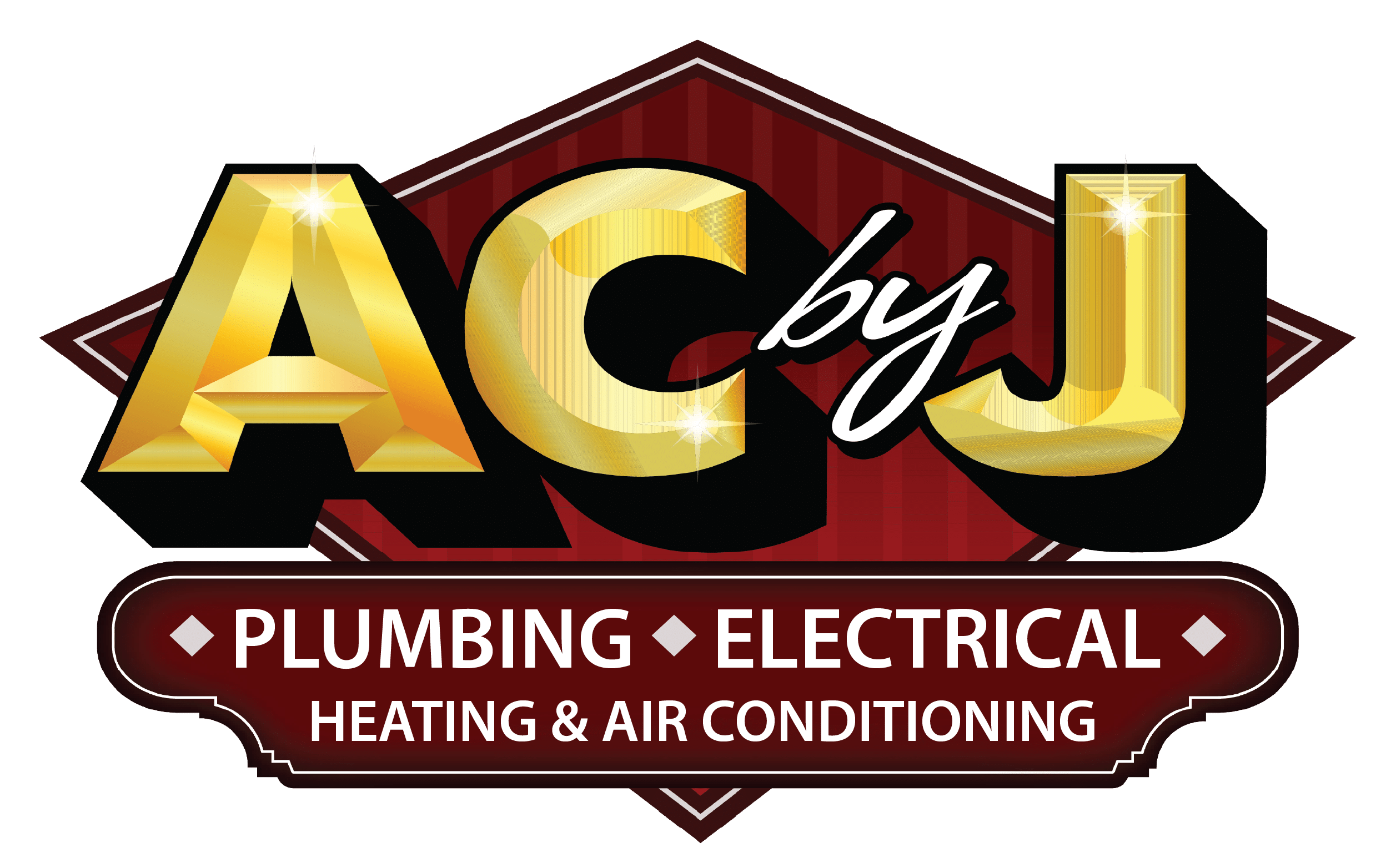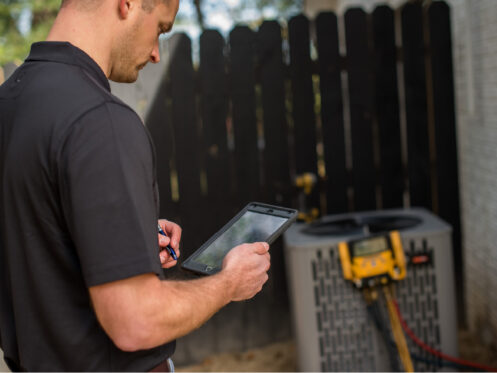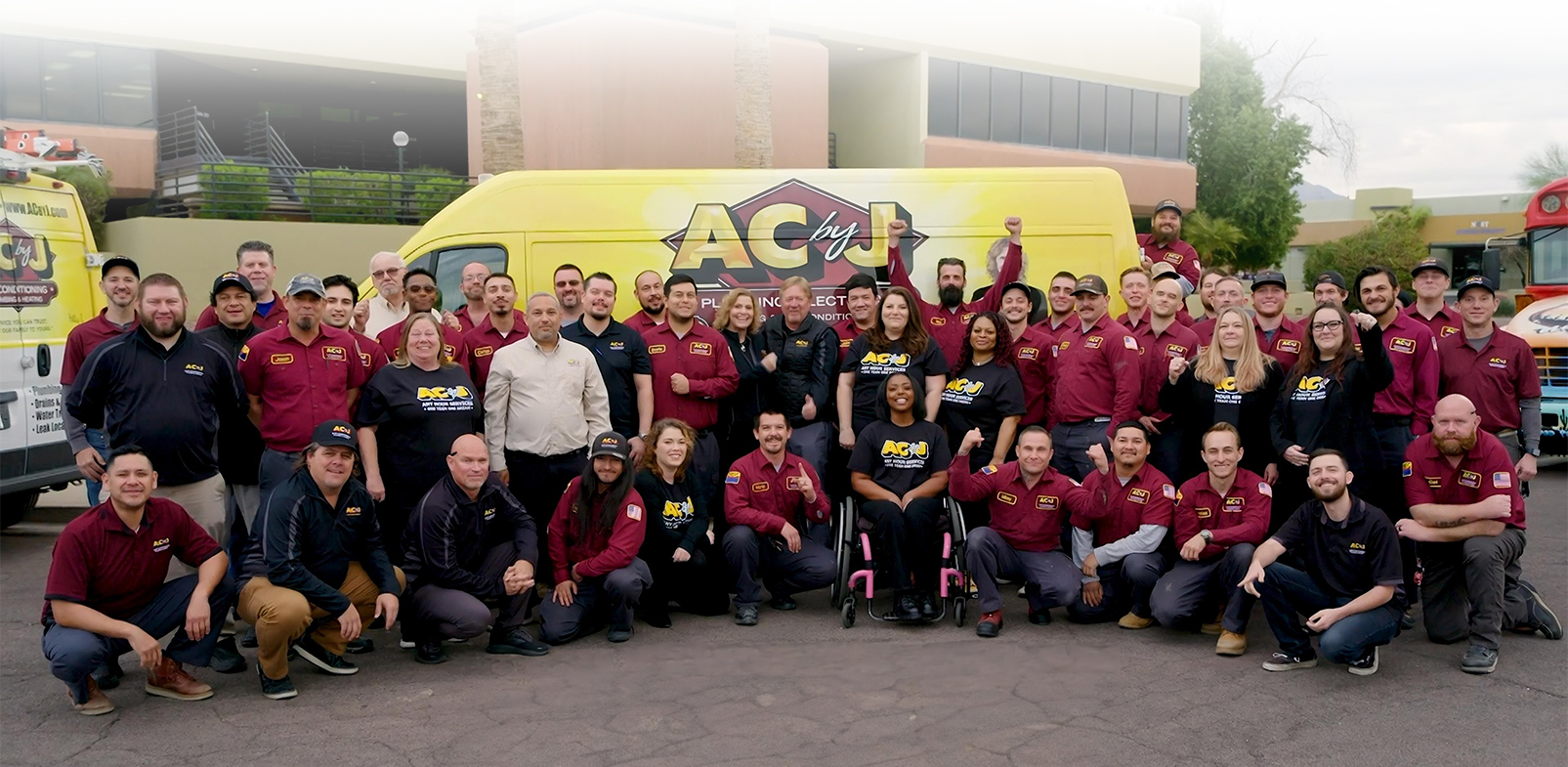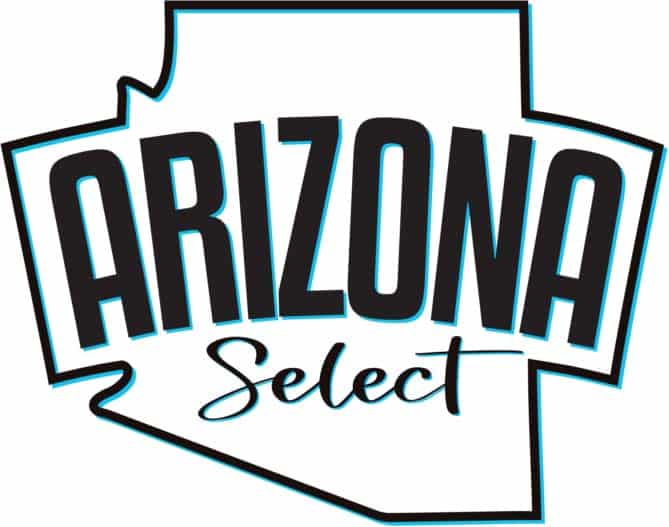Understanding the common plumbing issues that Arizona homeowners face is crucial for maintaining a functional and efficient plumbing system. Arizona’s unique climate and geological features can contribute to specific plumbing challenges that homeowners need to be aware of to avoid costly repairs and inconveniences.
Read on to learn about the leading plumbing issues and how to safeguard your plumbing systems to avoid potential headaches down the road.
1. Hard Water Problems
In Arizona, hard water is a prevalent issue that many homeowners face. Hard water contains high levels of minerals like calcium and magnesium, which accumulate in pipes and plumbing fixtures over time. This is particularly common in areas with groundwater sources, such as wells or reservoirs.
The impact of hard water on plumbing fixtures and appliances can be significant. Over time, mineral deposits can build up inside pipes, restricting water flow and potentially leading to blockages. This buildup can also cause faucets and showerheads to become clogged, reducing water pressure and affecting performance. In addition to plumbing fixtures, appliances like dishwashers, washing machines, and water heaters can be affected by hard water, leading to reduced efficiency and a shorter lifespan.
To mitigate hard water issues, homeowners can consider installing a water softener system. Water softeners work by removing minerals from the water, reducing the negative effects of hard water on plumbing and appliances. Regular maintenance of water softeners is important to ensure they continue to operate effectively. This may include refilling salt reservoirs and periodic checks to ensure proper function.
2. Clogged Drains and Sewer Lines
Clogged drains and sewer lines are common plumbing problems in Arizona, often caused by a combination of factors specific to the region’s environment and usage patterns. Some common causes of drain and sewer line clogs include:
- 1. Mineral Buildup: As mentioned earlier, hard water can lead to mineral deposits inside pipes, which can contribute to clogs over time.
- 2. Tree Roots: Arizona’s landscape includes many trees and shrubs with extensive root systems. Tree roots can infiltrate sewer lines, causing blockages and damage.
- 3. Grease and Food Waste: Improper disposal of grease, oils, and food scraps down the drain can lead to buildup and clogs in pipes.
- 4. Hygiene Products: Flushing hygiene products like wipes and cotton pads down toilets can result in blockages in sewer lines.
Proper disposal practices are essential to preventing drain and sewer line clogs. Homeowners should avoid pouring grease or oil down drains and dispose of food waste in appropriate containers rather than the sink. Additionally, using drain screens or traps can help catch debris before it enters the plumbing system.
Regular drain cleaning and maintenance are also important preventive measures. Homeowners can use enzymatic drain cleaners periodically to break down organic matter and prevent buildup. Professional drain cleaning services, such as hydro-jetting, can be employed to remove stubborn clogs and clear sewer lines effectively.
3. Water Heater Issues
In Arizona’s climate, where hard water is prevalent, water heater problems can be a significant concern for homeowners. Typical issues that arise with water heaters in this region include sediment buildup, reduced efficiency, and potential corrosion due to the mineral content in the water.
One of the most important aspects of water heater maintenance in Arizona is regular flushing and maintenance. Over time, sediment, primarily consisting of minerals from hard water, can accumulate at the bottom of the water heater tank. This sediment buildup can reduce the efficiency of the water heater, leading to higher energy bills and potentially causing the water heater to overheat or fail prematurely. Flushing the water heater periodically helps remove this sediment and prolongs the lifespan of the appliance.
Signs that indicate a need for water heater repair or replacement include:
- 1. Reduced Hot Water Supply: If you notice that your water heater is producing less hot water than usual or if the water temperature fluctuates unexpectedly, it could indicate a problem with the heating element or sediment buildup.
- 2. Strange Noises: Loud popping or banging noises coming from the water heater tank may indicate the presence of sediment, which causes the water to boil and make noise as it heats up.
- 3. Leaks: Any signs of water leakage around the water heater should be addressed promptly, as they can indicate a failing tank or corroded connections.
- 4. Rust or Corrosion: Visible rust or corrosion on the exterior of the water heater tank is a sign that the tank may be deteriorating and nearing the end of its lifespan.
Regular maintenance and prompt repair of water heater issues are crucial to ensure efficient operation and prevent unexpected breakdowns.
Leaky Pipes and Fixtures
Leaky pipes are another common plumbing issue in Arizona due to several factors, including the age of plumbing systems, mineral buildup, and the dry climate. Over time, pipes can develop cracks or deteriorate, leading to leaks. Additionally, hard water can accelerate corrosion and weaken pipe connections.
The impact of leaks on water usage and property damage can be significant. Even a small leak can waste a considerable amount of water over time, resulting in higher water bills. Furthermore, leaks can cause water damage to walls, ceilings, and flooring, leading to costly repairs and potential mold growth.
To detect and repair leaks promptly, homeowners should:
- 1. Monitor Water Usage: Keep an eye on your water bills and usage patterns. A sudden increase in water consumption may indicate a hidden leak.
- 2. Check for Visible Signs: Inspect exposed pipes, faucets, and fixtures for any signs of moisture or corrosion. Leaks often manifest as water stains or pooling water.
- 3. Use Leak Detection Devices: Consider installing water leak detection devices or smart water meters that can alert you to abnormal water usage or leaks.
- 4. Address Minor Leaks Immediately: If you notice a leak, no matter how small, address it promptly by tightening connections or replacing worn-out seals. For larger leaks or suspected pipe issues, consult a professional plumber.
By taking proactive measures to address water heater issues and detect and repair leaks promptly, homeowners in Arizona can maintain a reliable and efficient plumbing system while minimizing the risk of water damage and costly repairs. Regular maintenance and vigilance are key to ensuring the longevity and performance of plumbing fixtures and appliances in this unique climate.
How Proactive Maintenance Can Prevent Costly Repairs
Regular maintenance, including inspections, cleaning, and repairs, is key to preventing plumbing issues from developing or worsening over time. By scheduling routine checks and addressing minor issues promptly, homeowners can extend the lifespan of their plumbing system and avoid the expense and inconvenience of major repairs or replacements.
From checking for leaks and repairing dripping faucets to flushing water heaters and installing water softeners, proactive maintenance measures can save homeowners time, money, and stress in the long run.
Final Thoughts
By understanding the specific plumbing challenges in Arizona, homeowners can take proactive steps to mitigate issues like hard water and clogged drains. Investing in water softeners, practicing proper disposal habits, and scheduling regular maintenance can help ensure a smoothly functioning plumbing system and extend the lifespan of plumbing fixtures and appliances.
Contact the experts at AC by J today to schedule any plumbing services you may need!






